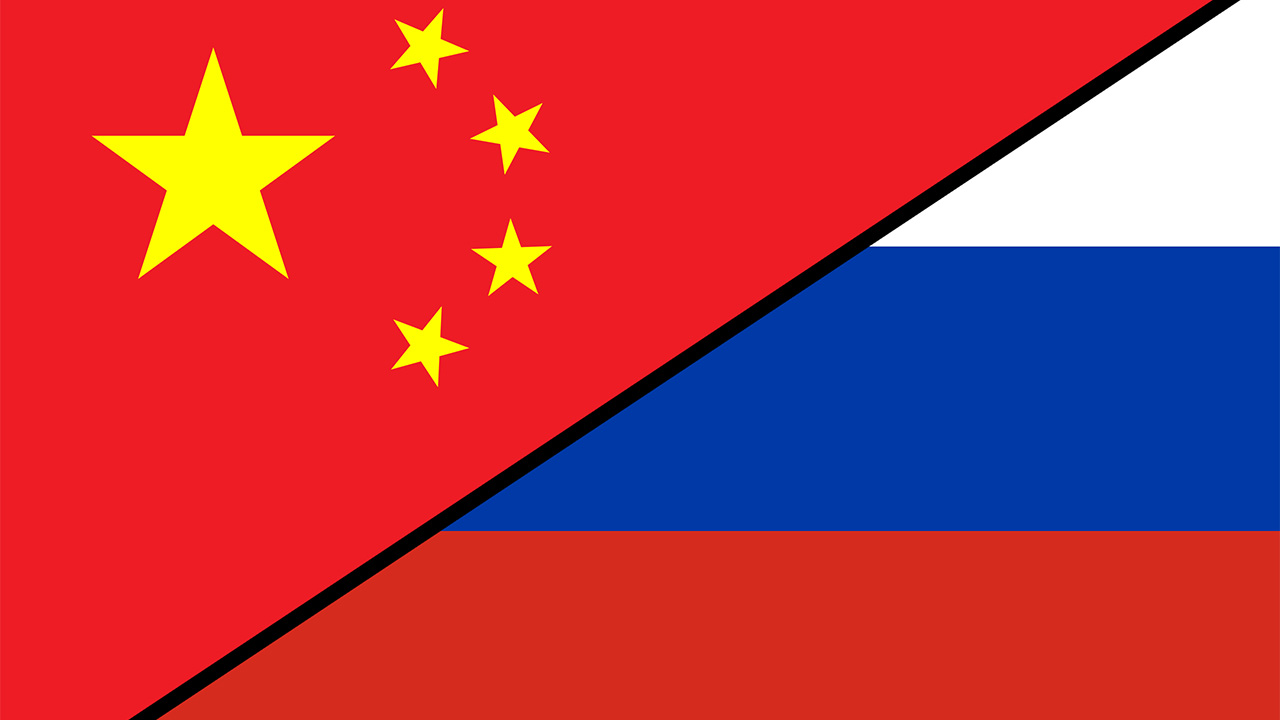$4 billion in restricted US chips flowed to Russia through one Hong Kong address
High-tech American chips banned from exporting still make their way to Russia through this Hong Kong office.

The U.S. has placed bans and sanctions on Russia, preventing it from acquiring the latest American chips. Despite that, Russian weapons in the Ukrainian battlefields still contain semiconductors from AMD, Texas Instruments, Micron, and Intel. According to a New York Times report, these chips were shipped to Russian corporations by several suppliers, many of which are based in one Hong Kong address—Room 704 at 135 Bonham Stand, located near Hong Kong’s financial district.
The New York Times investigated nearly 800,000 shipments of restricted goods from 2022 until 2024. It discovered that over 6,000 companies sent almost $4 billion worth of sanctioned goods, and banned chips entered Russia through Hong Kong, China, Turkey, India, Serbia, and Singapore.
While American chip manufacturing companies comply with U.S. export controls, they cannot track the final destination of all their products. That’s because even though the U.S. manufactures leading-edge chips, they’re usually ordered in large numbers by electronics assembly firms, which turn them into a final product. Many of these companies are based in China, the world’s leading consumer electronics maker. However, these firms could also sell these chips to Russia, especially as the country remains friendly to Russia despite its invasion of Ukraine.
China’s Ministry of Foreign Affairs denies sending weapons or military equipment to both parties in the Ukraine war. It said in a statement, “What the United States should do is reflect on its responsibility for the Ukraine crisis rather than shirking responsibility to China.” However, the advanced semiconductors that Russia is using for its missiles can also be used in civilian and consumer applications, making it difficult to track which chips will be used for military applications.
“The tide has shifted,” says economist Elina Rebikova for Washington think tank Peterson Institute for International Economics. “We have lost control of chip production.”
One address, three companies
The investigation revealed three companies based at 135 Bonham Stand sold American chips to Russian entities: Saril Overseas, Kvantek, and Superchip. These three corporations sent 15 million dollars worth of chip shipments to Russian companies.
One of the recipients of these shipments, Staut, a known Russian military electronics supplier, was sanctioned by the U.S. Treasury Department in July 2023. The companies listed at the Hong Kong address immediately began making changes. In a few months, most of their shipments will go to Leningrad Microwaves and ChipDevice.
Get Tom's Hardware's best news and in-depth reviews, straight to your inbox.
The listed person who controls Saril Overseas, Alexey Chichenev, said he does not know who is behind the company. “You see, it is a friend of my friend in Moscow, so they asked me to help them,” says Alexey. He claims that the entity was used because he was already living in Hong Kong and working as the director of a different corporation and that he wasn’t a tech expert, merely someone moving chips from the U.S. and Taiwan into China.
Several other individuals involved with the listed shell corporations at Bonham Stand were contacted, but none responded. It shows how difficult it is for the U.S. to enforce its bans and sanctions, with entities finding ways around them. Nevertheless, doing so at least makes it more difficult and expensive for Russia to acquire the chips it needs to continue its war in Ukraine.

Jowi Morales is a tech enthusiast with years of experience working in the industry. He’s been writing with several tech publications since 2021, where he’s been interested in tech hardware and consumer electronics.
-
Sluggotg Hong Kong was on of my favorite ports back in the 80's when I was in the Navy. Very cool, very nice people and great Pubs. They also had a Huge Software Piracy market. You could look at a list, buy a game, They would copy a disk and photo copy the manual. Kids could bring in their own disk and buy games for 25cents each. I pirated on my C64 but stopped when the Amiga came out.Reply
Hong Kong had a great vibe to it. Probably not there anymore. -
endocine The sooner the global supply chain collapses due to whatever reason, though painful, the better off everyone will be in the long termReply